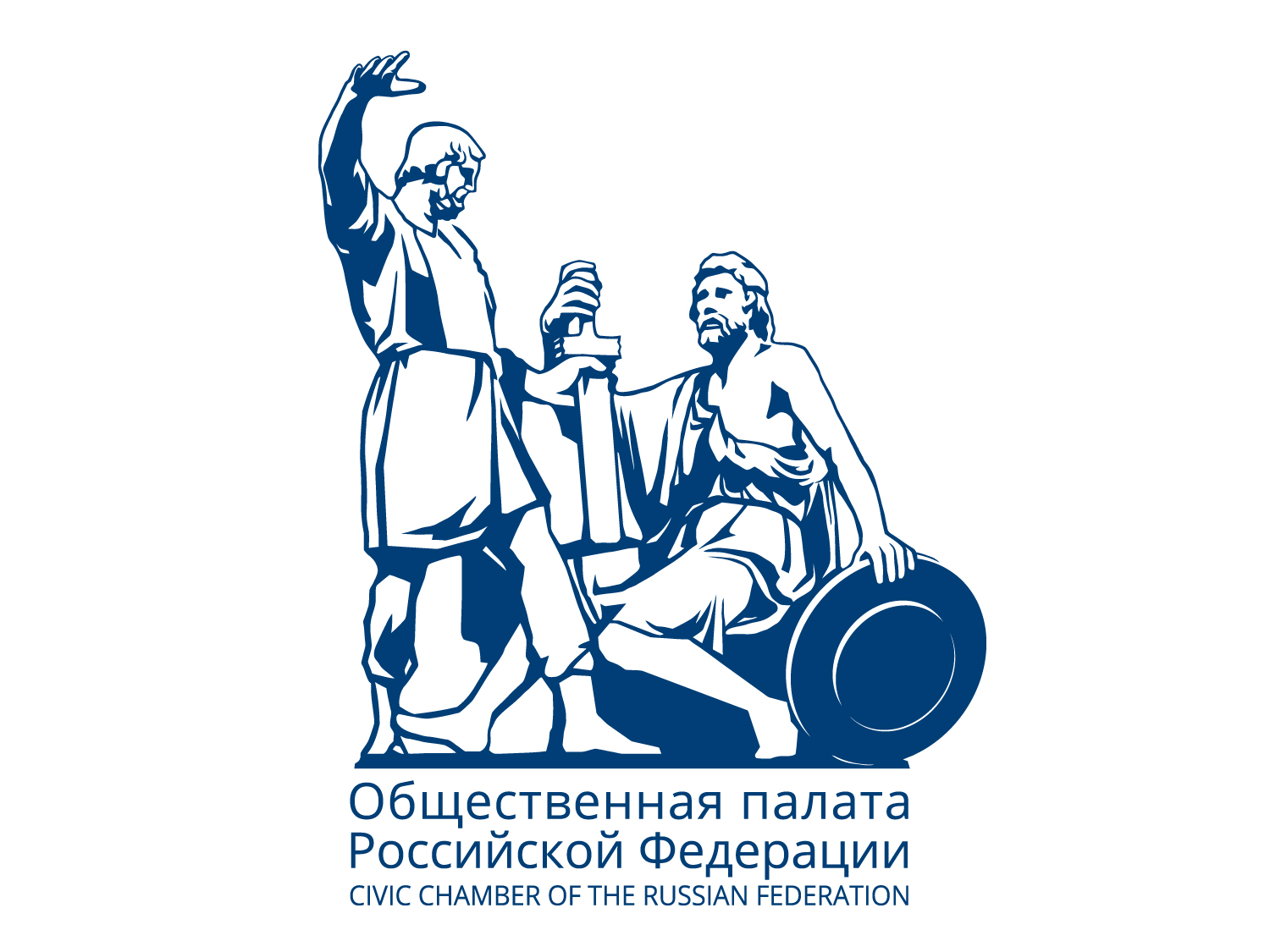
Sahra Wagenknecht
Dr. Sahra Wagenknecht is Member of the German Bundestag from DIE LINKE, and was the Chairperson of the DIE LINKE parliamentary group in the Bundestag from October 2017 to November 2019. Prior to this, she was Deputy Chairperson of the parliamentary group starting 2011 and the economic policy spokesperson of her group until 2011. Before being elected to the Bundestag in September 2009, Sahra Wagenknecht was a member of the European Parliament until June 2009. After her academic studies of Modern German Literature and Philosophy in Jena, Berlin, and Groningen, which she completed in 1996, Sahra Wagenknecht obtained her Ph.D. in Economics in Chemnitz in 2012. She is the author of numerous books on economics, finance, and social policy and writes for various newspapers. Her latest bestseller is entitled "Prosperity Without Greed" ("Reichtum ohne Gier", Campus Verlag).

Wicked Germany is merely good Germany gone astray
Thomas Mann
Thomas Mann
Never again war, never again fascism!
The liberation of Europe from the fascist reign of terror was the greatest achievement of the last century. In my view, it was the most important victory in all of history. Unfortunately, we did not gain this victory by ourselves; the German resistance was too weak for that.
The Soviet Union made the most significant sacrifices in the fight against fascism, and I have a deep sense of gratitude for that
But I think that many of my countrymen still feel differently, which has to do with the terrible war experiences and the early post-war period. There was indeed a great sense of relief in Germany in May 1945. Yet the joy about the end of war and tyranny came along with grief for the loss of family members, horror about the destroyed cities, fear of revenge of the victorious powers as well as shame for the German crimes, which now were revealed in all clarity.
When the Cold War began, the terrible past and the feeling of guilt were first blocked out, at least in West Germany. The enemy was now once again on the left: in the GDR and the Soviet Union. Many officials of the Nazi regime were appointed to high positions, especially in the secret services, the military, and the judiciary. Thomas Mann called the "panic fear of the Western world of the term communism, the fear by which the fascists have so long maintained themselves, somewhat superstitions and childish and one of the greatest follies of our epoch."
We continue to suffer from this folly today. Most of our people have nowadays become anti-fascist. However, the menace of conservative and bourgeois forces working together with fascists to prevent a left-wing government or progressive reforms has not been completely eliminated.
When the Cold War began, the terrible past and the feeling of guilt were first blocked out, at least in West Germany. The enemy was now once again on the left: in the GDR and the Soviet Union. Many officials of the Nazi regime were appointed to high positions, especially in the secret services, the military, and the judiciary. Thomas Mann called the "panic fear of the Western world of the term communism, the fear by which the fascists have so long maintained themselves, somewhat superstitions and childish and one of the greatest follies of our epoch."
We continue to suffer from this folly today. Most of our people have nowadays become anti-fascist. However, the menace of conservative and bourgeois forces working together with fascists to prevent a left-wing government or progressive reforms has not been completely eliminated.
I currently see a further threat in the right-wing terrorism and in the right-wing extremist networks that are still present in our security forces and the Bundeswehr
About 200 people have died of right-wing violence in Germany since 1990. German authorities have, for far too long, downplayed the danger posed by right-wing terrorism.
In West Germany, an in-depth public discussion of Nazi crimes did not take place until decades after the end of World War II. And even in the 1980s, there was still much criticism when the 8th of May 1945 was first honored by a West German President as Liberation Day. Today, on the one hand, we have a well-developed culture of remembrance: every schoolchild is aware of the Holocaust, and in the streets, the so-called Stumbling Stones, the Stolpersteine, remind us of the murdered Jews.
All this is very nice, but unfortunately, our public remembrance has become somewhat one-sided. The extermination machine in Auschwitz was not in full swing until the beginning of the annihilation campaign against Russia, though the first half of Buchenwald’s oath "Never again war, never again fascism!" is gladly ignored. The fact that the Red Army liberated Auschwitz, that 3 million people were killed in the Siege of Leningrad alone, that in the Soviet Union probably 27 million people fell victim to the fascist war of annihilation — all this is too little known in Germany or is mentioned less and less often.
There are reasons for that. One is that the German government would prefer to avoid raising the issue of compensation for Nazi war crimes again, which the Greek government did a few years ago. Above all, however, the fundamental lesson that war shall never again come from German soil no longer fits in the German foreign policy.
Since the mid-1990s, the Bundeswehr has been sent on foreign missions, the EU and NATO have been expanding further and further to the east, and more and more taxpayers' money is being spent on armament. This year, a vast NATO military maneuver Defender Europe 2020 was expected to be carried out, of all places, next to the Russian border.
It is true that the majority of the German population has learned from history and wants peace and reconciliation with Russia.
In West Germany, an in-depth public discussion of Nazi crimes did not take place until decades after the end of World War II. And even in the 1980s, there was still much criticism when the 8th of May 1945 was first honored by a West German President as Liberation Day. Today, on the one hand, we have a well-developed culture of remembrance: every schoolchild is aware of the Holocaust, and in the streets, the so-called Stumbling Stones, the Stolpersteine, remind us of the murdered Jews.
All this is very nice, but unfortunately, our public remembrance has become somewhat one-sided. The extermination machine in Auschwitz was not in full swing until the beginning of the annihilation campaign against Russia, though the first half of Buchenwald’s oath "Never again war, never again fascism!" is gladly ignored. The fact that the Red Army liberated Auschwitz, that 3 million people were killed in the Siege of Leningrad alone, that in the Soviet Union probably 27 million people fell victim to the fascist war of annihilation — all this is too little known in Germany or is mentioned less and less often.
There are reasons for that. One is that the German government would prefer to avoid raising the issue of compensation for Nazi war crimes again, which the Greek government did a few years ago. Above all, however, the fundamental lesson that war shall never again come from German soil no longer fits in the German foreign policy.
Since the mid-1990s, the Bundeswehr has been sent on foreign missions, the EU and NATO have been expanding further and further to the east, and more and more taxpayers' money is being spent on armament. This year, a vast NATO military maneuver Defender Europe 2020 was expected to be carried out, of all places, next to the Russian border.
It is true that the majority of the German population has learned from history and wants peace and reconciliation with Russia.
The German government, however, fueled by the USA and some Eastern European states, is conducting a harmful policy of confrontation instead of détente. Besides, in the ruling media, Russia is once again being portrayed as an enemy
Is there an alarming rise of right-wing forces and ideologies in Germany? There has been much discussion about this since the right-wing "Alternative for Germany" (AfD) gained seats in the parliaments, a party that incites against refugees and immigrants and plays down the Nazi crimes. From my point of view, however, the success of the AfD is more the sign of a crisis in the major parties and the result of governmental and political failures and not a proof that the fascist sentiments are spreading more and more. The majority of the AfD voters used to support conservative parties. The cultural modernization of the Christian Democratic Union under Chancellor Merkel, along with the admission of many refugees after 2015, has turned this nationally conservative electorate away from the party.
What troubles me more is that in the meantime, many working people who used to vote SPD or did not vote at all are turning to the AfD
These people are disappointed with the anti-social policies of the Social Democracy, and they choose AfD out of protest against the current politics that have abandoned them. For a few years, DIE LINKE, in particular, benefited from the crisis in social democracy. Unfortunately, our party also faces problems in reaching people who feel threatened by economic globalization, who fear for their jobs and their future.
On the use of information
All materials on this website are available under license from Creative Commons Attribution 4.0 International and may be reproduced for non-commercial purposes, provided the source is acknowledged.
Demonstration of Nazi and fascist paraphernalia or symbols on this resource is related only to the description of the historical context of the events of the 1930−1940s, is not its propaganda and does not justify the crimes of fascist Germany.
All materials on this website are available under license from Creative Commons Attribution 4.0 International and may be reproduced for non-commercial purposes, provided the source is acknowledged.
Demonstration of Nazi and fascist paraphernalia or symbols on this resource is related only to the description of the historical context of the events of the 1930−1940s, is not its propaganda and does not justify the crimes of fascist Germany.
This is a project of the Civic Chamber of the Russian Federation and the Institute of Foreign Policy Research and Initiatives


